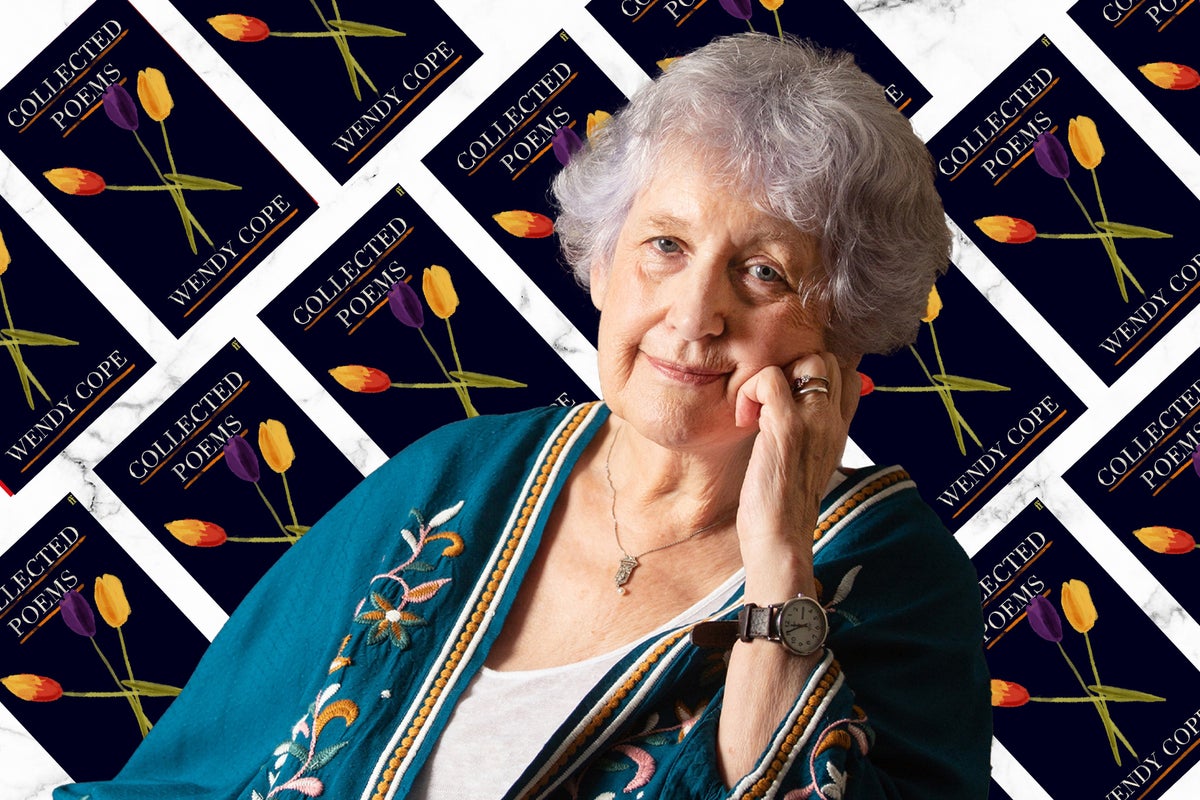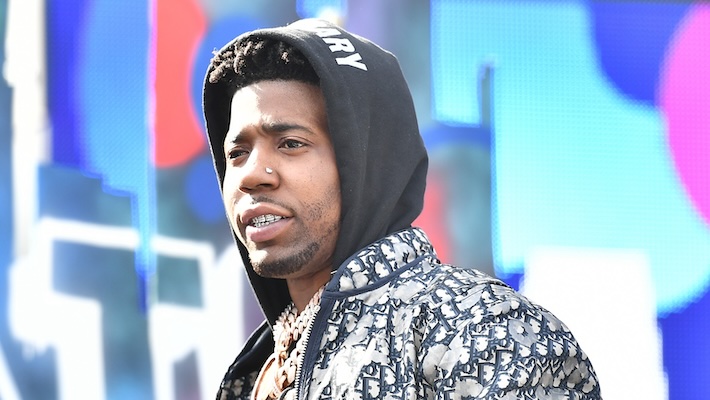
W hat makes Wendy Cope one of the nation’s most loved poets ? Many things: her unpretentious, accessible style; her sense of humour; her hard-won wisdom; and the fact that, running beneath these poems that are such a pleasure to read, is often an iceberg-like swell of deep emotion. Recently Cope told The Times, “if you want people to enjoy poetry, then it’s kind of nice to write poems they can understand.” And a whole new generation has begun to relate to and connect with them.
Last year, one of her most famous poems, “The Orange”, went viral on TikTok, leading to a new edition of her work being released. This week, for the first time, her poetry is being published in a collected edition, with over three decades of writing in one volume. Here she shares an insight into her reading and writing life.

.. In book form: Politics on the Edge by Rory Stewart, Table for Two by Amor Towles, The Letters of Emily Dickinson .
On my Kindle: Stardust by Joseph Kanon, Death at the Sign of the Rook by Kate Atkinson, Lost and Never Found by Simon Mason. And a few more. In this house books are out of control.
They aren’t all mine. A few months ago I discovered Joseph Kanon and I have now read almost all his books. Among the best are Defectors (set in Moscow in 1961), Los Alamos (with Oppenheimer as a character) and The Good German (post-war Berlin).
His work is historical fiction with brilliant descriptions of place and gripping plots. The Pooh books and, a few years later, the works of Nigel Molesworth (written by Geoffrey Willans). All because they made me laugh so much.
They still do. The leather-bound complete works of Shakespeare passed on to me by my father. He gave it to me when I was doing A-level English.
I wrote a poem about it (in my book Anecdotal Evidence ). A Shropshire Lad by AE Housman. For years I was put off by the title.
Then a poet friend urged me to read it and it was a revelation. Housman has been one of my favourite poets ever since. Ian D Suttie, author of The Origins of Love and Hate .
I read it when I was a student and it gave me a lot of insight into my unhappiness and what might be done about it. It was the beginning of a path that led to my entering psychoanalysis a few years later. In my armchair in our living room, where I have a reading stand for the sake of my neck.
And in bed late at night, where I read from a Kindle. Different books upstairs and downstairs. The Orange and Other Poems .
My poem “The Orange” went viral on TikTok and my publishers followed that up with a lovely little volume. It has sold faster than any of my other books and been a wonderful stroke of luck. Earlier this year I had a letter from a man who was dying, saying how much my poems had meant to him over the years, and thanking me.
The worst thing? Being asked, in a rude and aggressive way, “What’s the secret of getting your poems published?” This has happened more than once. My answer is “Get better at writing”. Topping & Company in Ely.
When we moved to Ely this was an unexpected bonus. Great stock, lovely staff. It’s as least as good as any of the bookshops in nearby Cambridge.
Usually. But I can think of films that came close – the 1992 David Copperfield , for example, and a couple of Jane Austen films: Emma starring Gwyneth Paltrow and Sense and Sensibility with Emma Thompson. ‘Collected Poems’ is out now, published by Faber.














